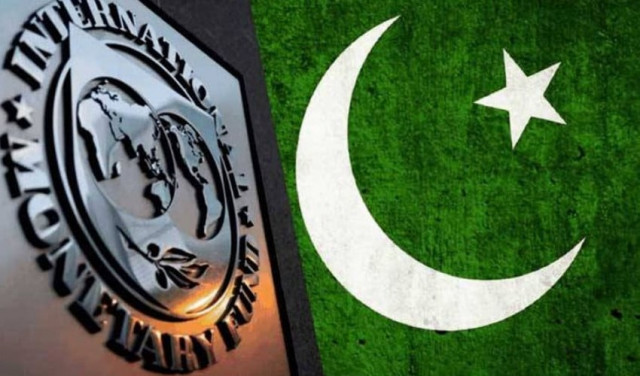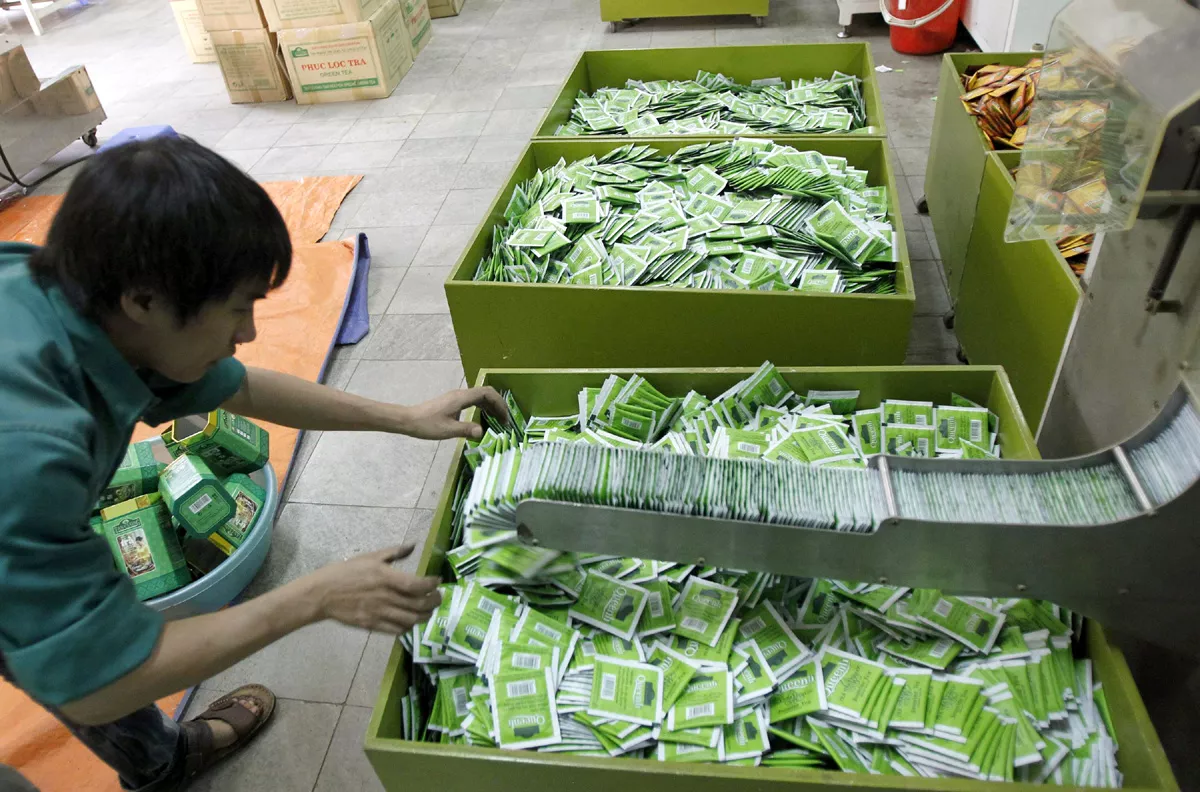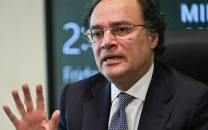Govt seeks IMF nod for new tax
Explores Panda bonds, grants, budget diversion to complete medical complex

Pakistan has sought the International Monetary Fund's (IMF) consent to impose a new tax in the capital territory to fund a Rs213 billion medical complex, as Islamabad struggles to find fiscal avenues to complete the project within three years.
As an alternative, the government is also considering exhausting the contingency pool of the budget to release at least Rs30 billion immediately to start work on the mega complex, which will house 1,000 beds along with state-of-the-art medical facilities, according to government sources.
They added that the finance ministry had approached the IMF to approve a new municipal tax to raise money for building the Jinnah Medical Complex and Research Center in Islamabad. The project envisages the construction of a 1,000-bed tertiary care facility, organised into several supra-specialty Medical Centers of Excellence (CoEs).
They further said that, in response to Pakistan's request, the IMF had asked for more details.
An IMF mission is also reaching Islamabad on September 25 to begin talks for the release of the third loan tranche of $1 billion, subject to the completion of the second review of the economy. The IMF team will stay in Islamabad until October 8.
However, the coalition government is pushing the project on fast track to complete it by July 2028, the sources added. They said the government has also started working on alternate options, including obtaining supplementary grants from the budget or diverting funds from other projects.
When contacted, Minister for Planning and Development Ahsan Iqbal said that the Executive Committee of the National Economic Council (ECNEC) has constituted a committee to resolve the funding constraints facing the project by exploring alternative modes to finance it.
Iqbal said he would recommend funding the project outside the Public Sector Development Programme (PSDP). The minister said the government has provided initial seed money of about Rs3.5 billion, which will be utilised for setting up the Jinnah Medical Complex Company and hiring staff to oversee the project.
The planning minister will chair the committee, which will also oversee the physical progress of the project and ensure its completion within the stipulated timeframe. Other members of the committee include secretaries of the ministries of National Health Services, Planning, and Finance.
The government is facing competing demands from various ministries and state bodies, as the federal development funding pool has considerably shrunk to just 0.8% of GDP from the peak of 3% a few years ago.
The sources said the government was also considering using $76 million, or Rs21.5 billion, in expected proceeds from Panda bonds for funding the Jinnah Medical Complex. However, the finance ministry was insisting that the Rs21.5 billion should be treated as part of the Rs1 trillion PSDP for this fiscal year instead of being tapped as an additional source of financing.
The Central Development Working Party (CDWP) had considered the project, where the health ministry stated that additional funding would be provided through Panda bonds, corporate social responsibility contributions from government-owned companies, and Islamabad Capital Territory municipal taxes.
The CDWP had directed the health ministry to firm up a detailed funding mechanism for the project, incorporating the proposed financing needs through these sources.
However, without firm commitments, the government tabled the project in the ECNEC meeting, but the question of mobilising Rs213 billion in three years remained unanswered, said the sources.
Planning ministry officials said that as of now, there were no concrete commitments and only indicative amounts from these non-PSDP sources have been provided by the health ministry to date.
The Jinnah Medical Complex Company has also sought funds for buying five vehicles for the project, but the planning ministry termed the demand unjustified against the development budget.
According to the project documents, the complex will be a 15-story high-rise building near the new Islamabad International Airport. The project is planned to be completed in two phases. Phase I is proposed to be completed within 30 months from the release of funds, while Phase II is planned to be completed in two years.
The government argues that Pakistan's national average is five hospital beds per 10,000 people, compared to 16 in India and a range of 9 to 22 in other neighbouring countries in the region.
The construction of public-sector hospitals has not kept pace with population growth, with few new facilities built since 1985.
Islamabad's population has risen dramatically from 246,000 in 1984 to nearly 1.3 million in 2024. This fivefold increase over four decades has created a significant rise in demand for healthcare services.





















COMMENTS (2)
Comments are moderated and generally will be posted if they are on-topic and not abusive.
For more information, please see our Comments FAQ